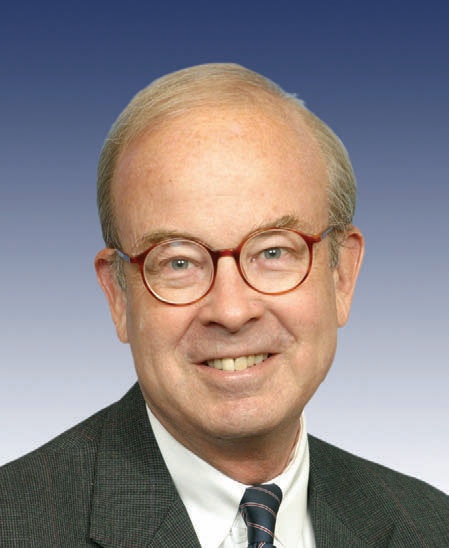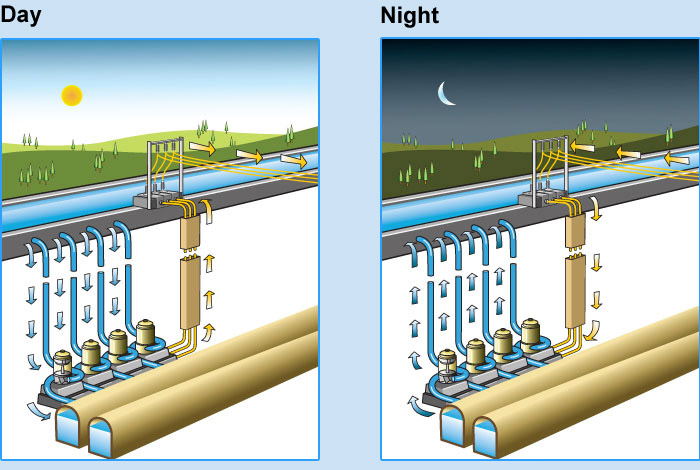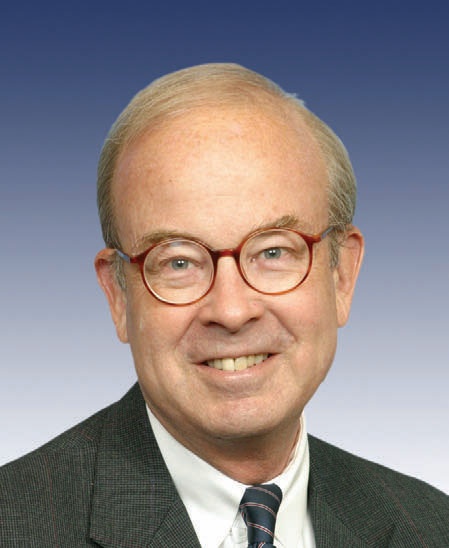Should Waxman and Markey have kicked off House climate-bill negotiations with a stronger ask?
The bill they introduced was effectively the U.S. Climate Action Partnership proposal, which already reflected years of negotiation and compromise. The idea was that the difficult work of negotiations had already been done — enviros and business both on board! — and it would be easy for conservative Dems (and a few Republicans) to sign off on it.
Of course that’s not what has happened. Republicans are balking en masse. Conservative Dems have compromised the bill down further, and by all indications will further weaken it in the Senate. Could the bill have ended up in a stronger place if it had started in a stronger place?
The counterargument is that the “green” side just didn’t have much leverage. Without sticks, all they had were carrots — more giveaways, more offsets.
One stick they did have was the threat of EPA greenhouse-gas regulations. There was a lot of talk about this when Dems first won their majorities but very little once negotiations actually got underway. Nobody is brandishing the stick.
 Rep. Rick BoucherCould it have made more of a difference? Some recent comments from Rep. Rick Boucher (D-Va.) are intriguing in this regard. In an interview with the Kingsport Times-News, Boucher was candid about his motivation for negotiating with Waxman:
Rep. Rick BoucherCould it have made more of a difference? Some recent comments from Rep. Rick Boucher (D-Va.) are intriguing in this regard. In an interview with the Kingsport Times-News, Boucher was candid about his motivation for negotiating with Waxman:
Boucher stressed his interest in climate change has not been driven by a moral belief to control greenhouse gases. [Paging Times-News editors: You awake over there? What is a moral belief to control GHGs?]
What is driving his involvement, said Boucher, is the U.S. Supreme Court determined two years ago that greenhouse gases are pollutants.
“As a consequence of that decision, the Environmental Protection Agency is, for all intents and purposes, effectively required to regulate greenhouse gases,” Boucher said. “The debate about whether or not we will have regulation is over. So the only question is will EPA regulate or … will we have congressional regulation that does balance economic effect against environmental effect? Given that choice, industry would rather have Congress do this. Industry needs and wants a bill to pass.”
“Industry needs and wants a bill to pass” — the words of the coal industry’s most dogged and effective spokesperson.
So there was leverage. It was used to get Boucher to the table. But once he was there, it went out the window. Not once in the process has industry been forced to face an ultimatum or bargain away a key position. They’ve been relentlessly wooed, but rarely challenged. They’ve been able to talk out both sides of their mouths, offering tepid, nominal support while bulldogs like the Chamber of Commerce, National Association of Manufacturers, and the Edison Electric Institute attack and weaken the bill.
And Boucher got just about everything he wanted for Big Coal:
The Southwest Virginia congressman said he spent more than six weeks helping to rewrite the draft bill to help coal-powered utilities and coal producers in his district.
He pointed to “four key things” inserted in the bill.
First, Boucher said, was making sure emission allowances were assigned for free and not put up for auction by the federal government.
“That helps to keep electricity prices affordable and strengthens the case for utilities to continue to use coal,” he said.
Secondly, Boucher said the bill now includes 2 billion tons of carbon offsets available to industrial emitters to help them satisfy their reduction obligations.
“That means an electric utility burning coal will not have to reduce the emissions at the plant site. It can just keep burning coal,” he explained.
The third provision is a $1 billion per year special fund to develop carbon capture and sequestration technologies for controlled disposal or storage.
In the fourth provision, there is another special fund created to deploy the carbon capture and sequestration technology.
“Carbon capture and sequestration attached to coal still makes coal the cheapest fuel,” Boucher asserted.
These are the key — some argue fatal — weaknesses of the bill. They were put in to woo an industry that “needs and wants a bill to pass.”
One other thing to note:
[Boucher] said lawmakers have “no political will” to mandate the EPA to do a cost-benefit analysis on climate change legislation.
Strictly speaking, this is false. The EPA has done detailed cost-benefit analyses of ACES. (It’s going to be cheap, they say.) If Boucher is talking about the dipshit lawsuit the Chamber of Commerce is pushing, he’s drifting into “death panel” territory.



